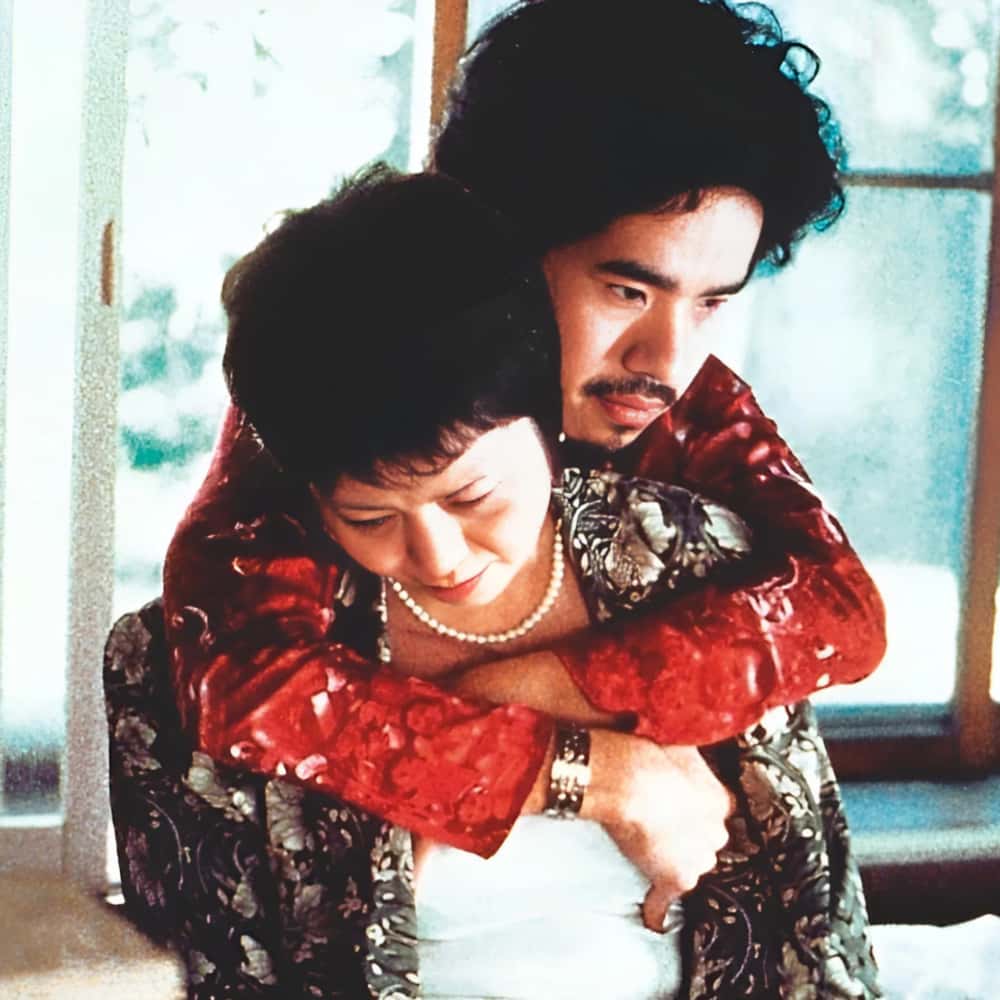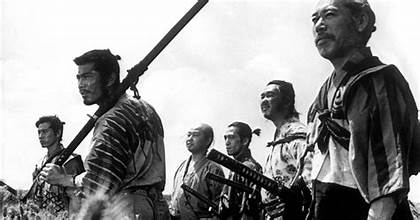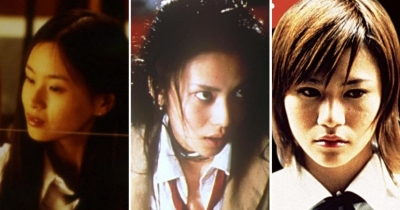12 Japanese Films That Stirred Controversy Around the World
By fypfeed – Movies & TV – June 2, 2025
Japanese cinema has been recognized for its talent in its intensity, vigor, and willingness to risk it all. However, with bold creativity usually is controversy. Over the years, Japanese filmmakers have produced films that did more than just impress audiences; they provoked debates, were subject to bans, and occasionally provoked violent responses.
From taboo-breaking dramas and ultraviolent thrillers, these movies remain hot topics of discussion as a testament to Japan’s uncompromising and bold method of cinema. These are the twelve films that have been the most controversy-making Japanese films that have captivated audiences across the world.
1. In the Realm of the Senses (1976)
It was scandalous: Nagisa Oshima’s film shocked viewers with its non-simulated sexually explicit scenes. Based on the true story about Sada Abe. The film’s explicit content made Oshima to ship undeveloped film into France in order to circumvent Japanese censors. The film was banned or removed in a variety of countries which included Japan as well as in the U.S., and Germany.
What is the significance of HTML0? Beyond the controversy it dealt with themes of desire, obsession and death in ways that very few films had ever attempted. The film’s fame led to it becoming a benchmark of erotic cinema.




2. Visitor Q (2001)
A scandal Takashi Miike’s modest documentary style film broke the boundaries with a disturbing portrayal of necrophilia, incest and extreme dysfunctional families.
What is the significance of HTML0? As a shocking mockery on Japanese familial values it is an uncut criticism of moral decay. In the present, the original version is not easy to locate.
3. Emperor Tomato Ketchup (1971)
A scandal Shuji Terayama’s avantgarde piece depicts children taking over adults, accompanied by surreal sexually charged imagery. The inclusion of children in disturbing, symbolic scenes sparked outrage and led to bans across the world.
Why is it important: Terayama became a symbol of experimental cinema, having influenced artists that went beyond Japan from punk artists to filmmakers.
4. Battle Royale (2000)
It’s a scandal Kinji Fukasaku’s dystopian story about children being that are forced to murder each other provoked moral anxiety. The brutality of the story, which involves teens, led to calls for bans in Japan as well as abroad.
Why it is important: Despite the criticism the film became an instant classic and was widely highly praised for its sharp critique on the power of authoritarianism and youth culture. It was directly influenced by works such as The Hunger Games.
5. Audition (1999)
A scandal It all began as a romantic relationship turns to become one of the more terrifying horror films ever created. Takashi Miike’s abrupt shift in tone and notorious torture sequences astonished viewers; the walkouts at Rotterdam Film Festival became legendary.
What is it about: Critically acclaimed, Audition was a major influence on a generation of Western horror filmmakers, and established Miike’s international reputation.
6. Ichi the Killer (2001)
It was a scandal In its premier there were bags of vomit distributed to the audience. The film is filled with gore, sadness and shocking violence, Miike’s film was subject to censorship across several countries that cut the film between six and thirty minutes.
Why is it important: Love it or dislike the technology, Ichi was the icon of “Japanese extreme cinema” and is an extremely famous film yakuza ever created.
7. Horrors of Malformed Men (1969)
The controversy: Teruo Ishii’s film was pulled from the market shortly after its release, mostly because of its offensive name and portrayals of bodily imperfections. Based on the works of Edogawa Rampo It melded grotesque imagery with bizarre horror.
Why it is important: Although it was a secret for a long time the DVD release of 2007 has rekindled interest, and is now considered to be an iconic film of Japanese horror.
8. The Human Condition (1959-1961)
A scandal Masaki Kobayashi’s epic of nine hours battle portrayed Japan’s wartime actions in full force from labour camp to battlegrounds. Studios opposed it due to its stance on war as well as Kobayashi was forced to threaten to quit in order to have it produced.
What is the significance of HTML0: Today, it is regarded as one of cinema’s most important films, the trilogy is regarded as a scathing criticism of both human and military brutality.
9. Yasukuni (2007)
It’s a scandal The documentary of Li Yun examined an unpopular Shinto shrine to honor Japan’s war dead, including war criminals convicted of. Nationalist protests were strong as protests, boycotts and bomb threats resulting to the cancellation of screenings.
Why it is important: By tackling one of Japan’s most sensitive political issues, the film provoked an open discussion with the challenging truths about the past and memories.
10. Suicide Club (2001)
A scandal Sion Sono’s tragic tale began by revealing the mass death of 54 girls. The shocking images and the bleak message about the current Japanese society sparked outrage.
What is the significance of it: Though polarizing, it created Sono a prominent voice in Japanese film and gave way to more creative explorations of alienation, youth and violence.
11. Mishima: A Life in Four Chapters (1985)
A scandal Paul Schrader’s faux biopic about novelist Yukio Mishima caused anger in Japan. Extremely right-wing groups protested the representations of Mishima’s homosexuality making theaters ill-equipped and causing cancellations.
What’s the deal: In its native country of and gaining international recognition for its original story telling and bold approach to polarizing figures.
12. Night and Fog in Japan (1960)
A scandal Nagisa Oshima’s political theater about the fractured student movement was canceled by Shochiku studios within three days after the assassination attempt of a socialist leader.
What is the significance of HTML0? The censorship caused Oshima to quit the studio system to pursue independent filmmaking, opening the door for more experimental films that reshaped Japanese cinema.
Final Thoughts
The films that have a controversy aren’t just for the impact of shock. In Japan they’ve frequently acted as mirrors for society, forcing viewers to confront topics that many would prefer to avoid such as violence, politics, war family, violence, and war.
The films cause debates decades after the release. Certain are banned while others are praised, and others are buried in the cult-like fandom. However, all of them demonstrate that one fact: Japanese cinema has never been afraid to push boundaries, regardless of the price.
















